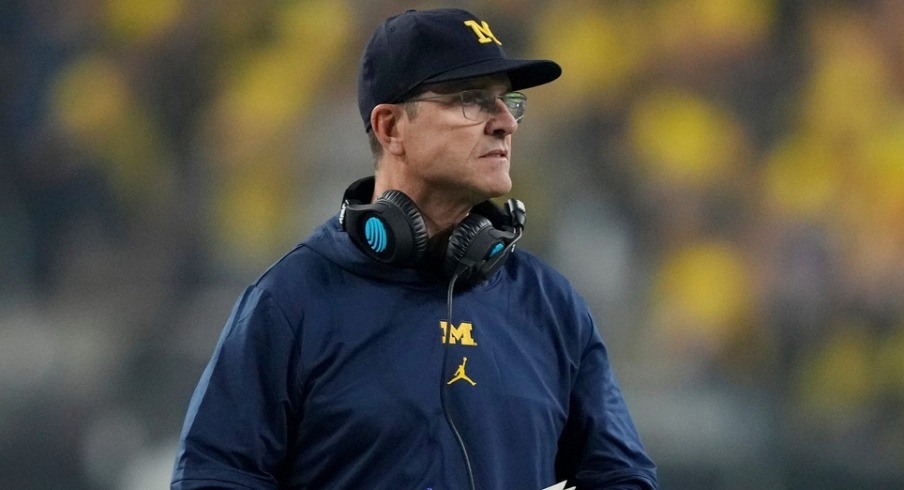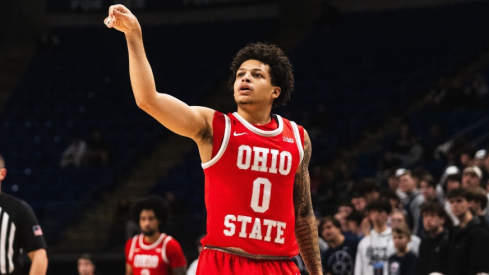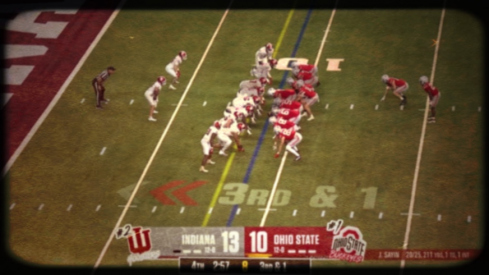If Michigan's sign-stealing infractions occurred a decade ago, the Wolverines would likely be staring down the barrel of a two-year postseason ban based on its NCAA infractions.
Alas, Connor Stalions orchestrated his scheme in the modern college football era, so no postseason bans were enforced, according to the NCAA.
In the NCAA's report on Michigan's sign-stealing scandal, college football's governing body said there were “sufficient grounds” for the Wolverines to receive a multiyear postseason ban considering their status as a repeat violator combined with their Level I-Aggravated case classification.
No postseason ban was enforced, however, because the NCAA claimed it would "unfairly penalize student-athletes for the actions of coaches and staff who are no longer associated with the Michigan football program" and determined an offsetting financial penalty should take the place of a two-year postseason ban.
Scholarship reductions are also a past precedent for infractions violators, but the NCAA took no action against Michigan in that regard because scholarship limits have turned into roster spots in the revenue-sharing era. The governing body didn't want to “prematurely make a decision on whether roster reductions will replace scholarship reductions as a core penalty.” So, once again, the NCAA fined Michigan what it believed to be the equivalent of scholarship reductions.
Meanwhile, the NCAA hit Akron with a postseason ban in May because its APR dipped below 930, the minimum required for postseason eligibility.


